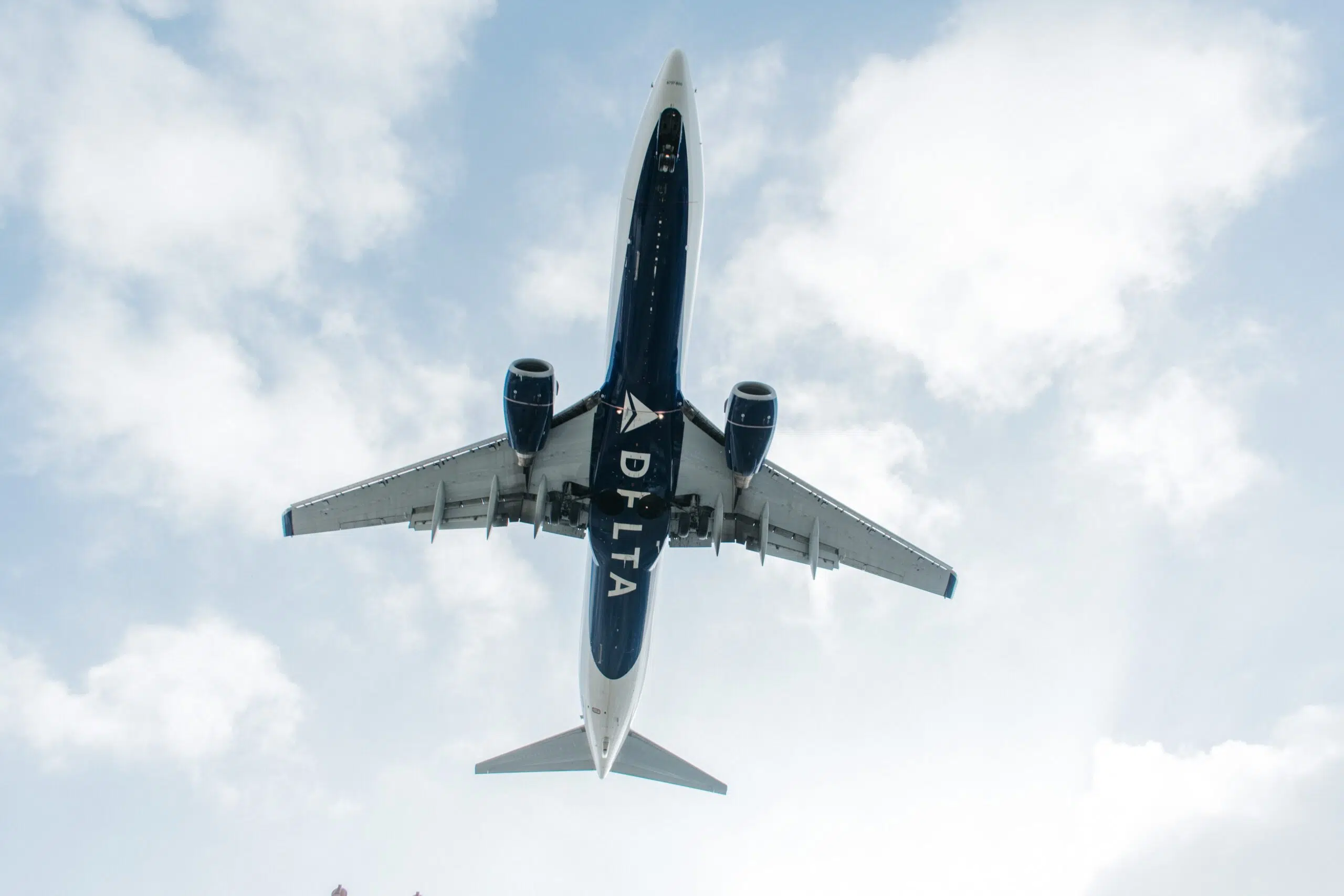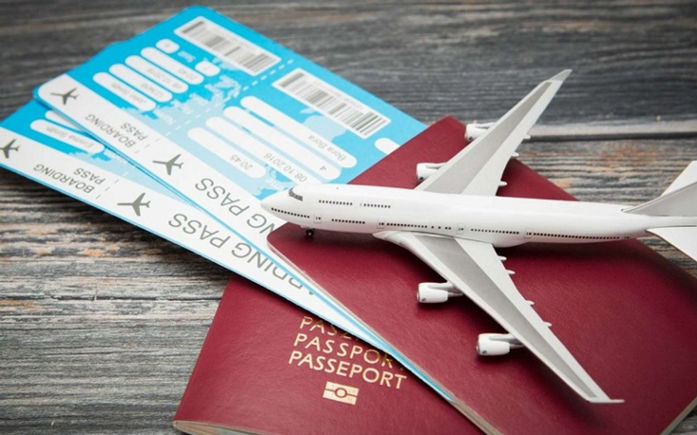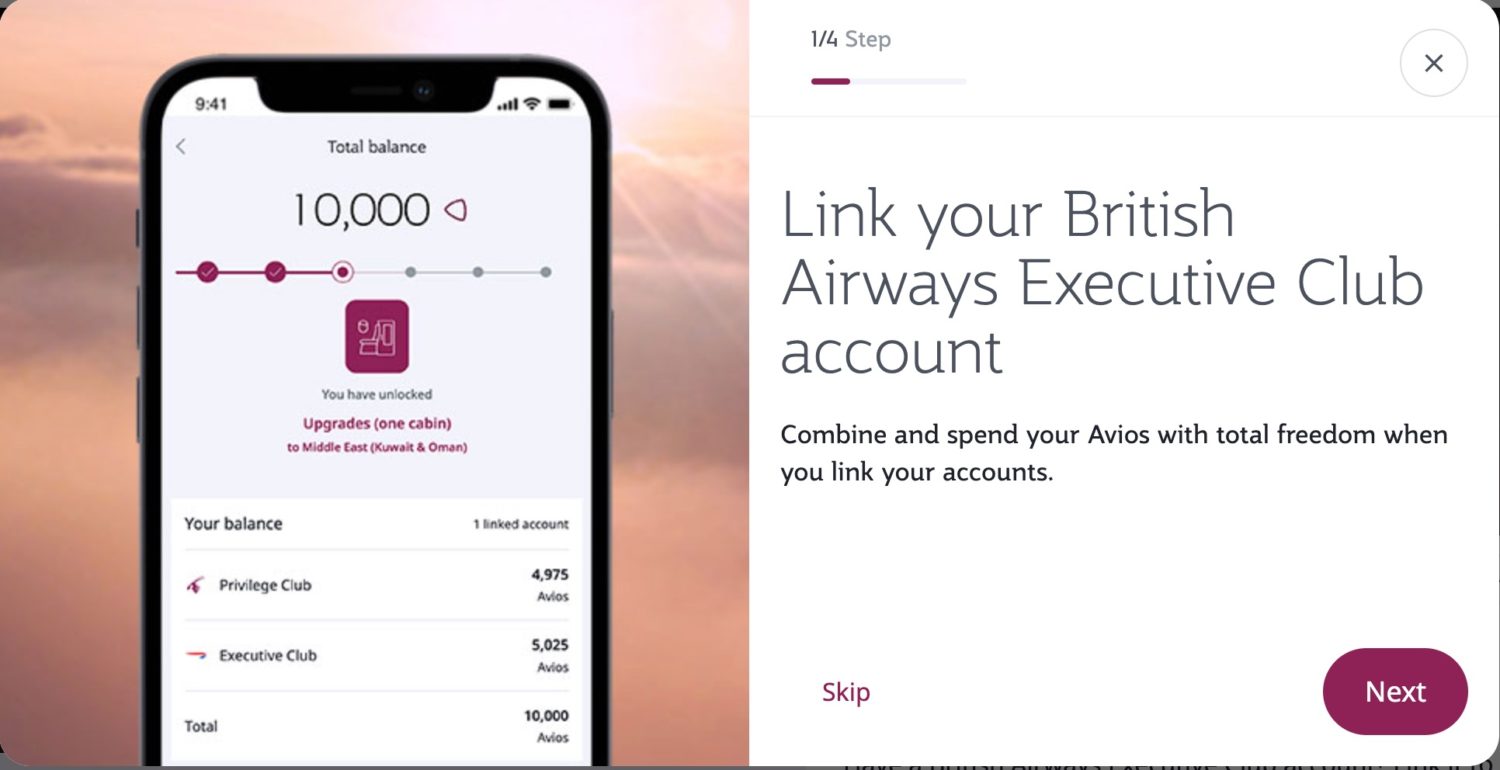Fear not, frequent flyers: Your disdain for the all-too-common award rate hikes from airlines – charging more miles overnight – has been heard loud and clear … by the U.S. […]
Fear not, frequent flyers: Your disdain for the all-too-common award rate hikes from airlines – charging more miles overnight – has been heard loud and clear … by the U.S. Department of Transportation.
Reuters recently reported that the DOT has been meeting with executives from U.S. airlines to probe their loyalty programs for “potential deceptive or unfair practices.” Citing several anonymous sources, Reuters reported that the agency is delving into transparency when booking award tickets with miles, transferring miles to fellow flyers, devaluations that make award flights cost more, and giving flyers notice before making such changes.
“We plan to carefully review complaints regarding loyalty programs and exercise our authority to investigate airlines for unfair and deceptive practices that hurt travelers as warranted,” a department spokesperson told the news agency. “DOT officials are actively meeting with U.S. airlines and gathering more information on this issue.”
It's the latest in a series of steps the DOT – the aviation industry's top regulator – has taken to ratchet up pressure on airlines in recent years. Just last week, the department slapped Southwest Airlines with a record $140 million fine for its historic meltdown last winter that left more than 2 million passengers stranded over the holidays.
Now, the agency is turning its focus to airlines lucrative loyalty programs. Airlines regularly move the goalposts for how many miles you need to book an award ticket. And the travelers' recent list of gripes is long, including:
Southwest is set to raise award rates by 4% in the New Year United hiked award rates to Europe, Asia, and beyond by 20% or more without a word of warning earlier this year Alaska Airlines quietly hiked award rates to book Japan Airlines, and more changes are on the horizon in 2024 Beyond its unpopular revamp of its Medallion Status program set to take effect next year, Delta is notorious for constantly changing award rates, from unpredictable economy redemptions to 300,000 SkyMiles or more for a one-way in business class

It's unclear what, if anything, the federal government could do to rein in airlines from adjusting their award programs. But airlines are politically powerful … and frequent flyer programs are where they make their real money.
Once a simple way to convince flyers to come back to their planes, airlines have spun frequent flyer programs into multi-billion dollar businesses, selling miles to consumers and credit card companies. During the pandemic, American, Delta, and United all leveraged their frequent flyer programs as collateral for billions of dollars in loans in order to stay afloat.
And with travel demand now reaching a “new normal,” these frequent flyer programs are generating even more revenue each and every year. Case in point: Delta executives previously said they're on track to make nearly $7 billion in 2023 from the airline's relationship with American Express alone, then reach $10 billion by the end of the decade.
Over the years, the major airlines have ditched their award charts – the cheat sheets used to determine how many miles are needed for a given route – in favor or dynamic award pricing that closely mirrors the cash value of a ticket. That makes it easier for airlines to suddenly devalue these programs … and much harder for travelers to book the trip they saved their miles for – or how many miles they need.
Even as the average price of airfare dropped through the summer and fall, airlines continue chip away at their loyalty programs by raising award rates. After years of defending Delta SkyMiles, we even wrote them off earlier this year … only to be proven partially wrong by the resurgence of Delta flash sales to international destinations like New Zealand and Chile.

The DOT isn't the first to target airlines for these games.
U.S. Senate Democrats have done so too, including a provision in broader aviation-related legislation that would have required airlines to give customers a 90-day notice before frequent flyer program devaluations. But that bill stalled before Congress went home for the year.
Bottom Line
After pressuring airlines to quit canceling flights and penalizing them when they fail, the federal government apparently has its eyes set on airlines' loyalty programs.
Only time will tell what, if anything, the DOT will do to make frequent flyer programs more consumer friendly. But the agency's recent actions show it's serious about cracking down on airlines. And maybe a little bit of extra pressure – and the threat of possible regulation – is enough to keep airlines in check.














